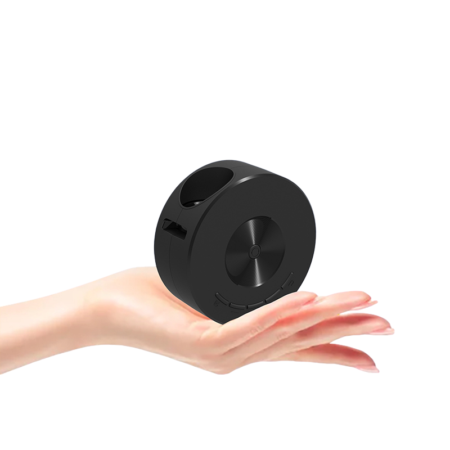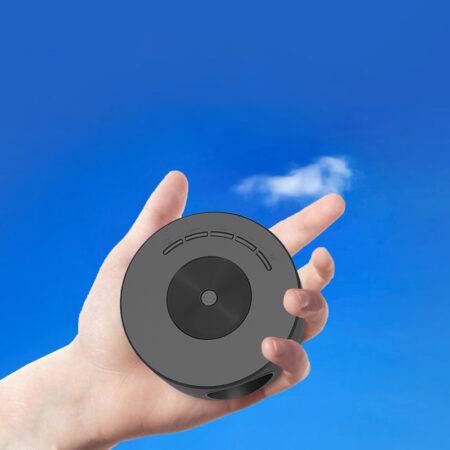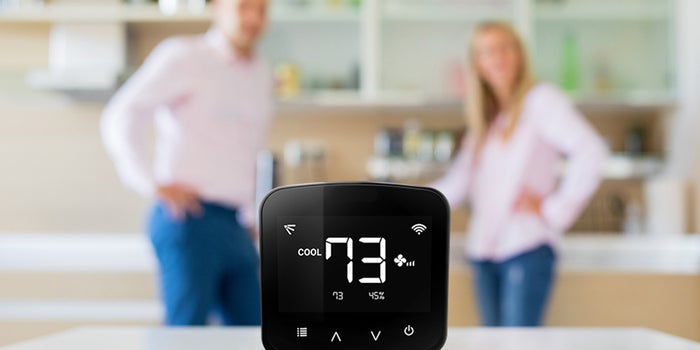
Introduction
As concerns about climate change and environmental sustainability continue to rise, the demand for eco-friendly technology has never been greater. Green tech, also known as sustainable or clean tech, focuses on developing products and solutions that have minimal impact on the environment while promoting energy efficiency and responsible resource consumption. In recent years, the convergence of green tech with smart technology has given rise to a new generation of eco-friendly smart products. These innovative devices and systems not only enhance our daily lives but also contribute to a sustainable future. This article explores some of the most promising eco-friendly smart products that are paving the way for a greener and more sustainable world.
Energy-Efficient Smart Home Appliances

Smart home appliances have revolutionized the way we interact with our living spaces, offering convenience and efficiency. Eco-friendly smart home appliances take this a step further by minimizing energy consumption and reducing carbon footprints.
Energy-efficient smart refrigerators, for example, employ advanced insulation and sensors to optimize cooling cycles and reduce energy waste. Smart thermostats use AI algorithms to learn residents’ heating and cooling preferences, ensuring that energy is used more efficiently to maintain comfortable temperatures while reducing unnecessary energy use.
Solar-Powered Smart Devices
Solar power is one of the most sustainable sources of renewable energy, and its integration with smart technology is transforming various aspects of our lives. Solar-powered smart devices harness energy from the sun to power themselves, reducing reliance on traditional electricity sources.
Solar-powered smart outdoor lights, for instance, use solar panels to charge during the day and automatically illuminate at night. Solar-powered phone chargers and power banks offer a convenient and environmentally-friendly way to charge our devices on the go.
Eco-Friendly Smart Lighting Solutions
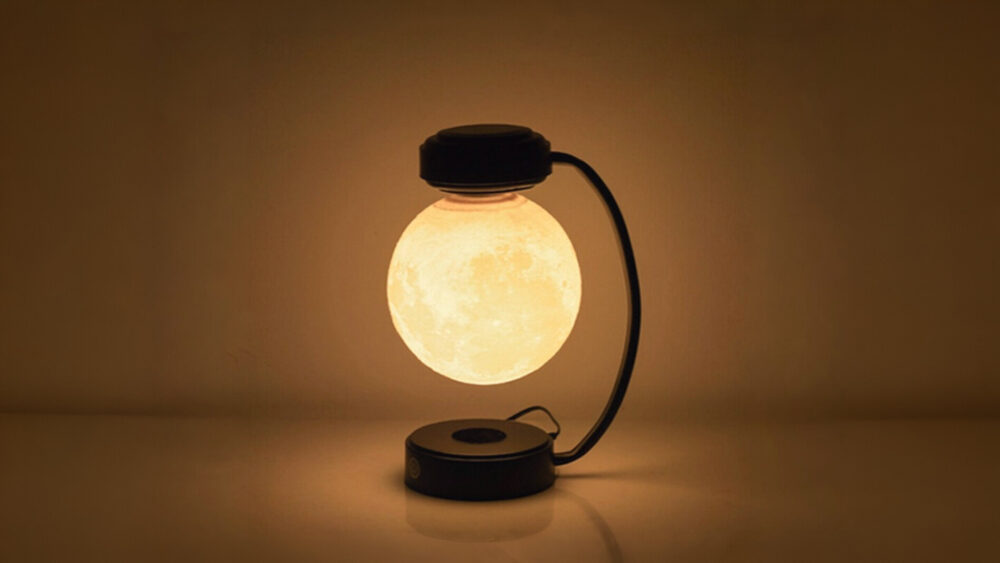
Smart lighting systems that incorporate LED technology have significantly reduced energy consumption in recent years. LEDs are more energy-efficient than traditional incandescent bulbs, consuming less power and lasting much longer. Moreover, smart lighting systems allow for advanced controls, such as dimming and scheduling, to optimize energy usage further.
Eco-friendly smart lighting can also utilize natural light sensors to adjust artificial lighting levels based on the amount of sunlight entering a room. This not only saves energy but also creates a more comfortable and pleasant environment for occupants.
Energy Harvesting Smart Devices
Energy harvesting smart devices are a remarkable innovation that can power themselves by utilizing ambient energy sources. These devices capture and convert energy from their surroundings into usable electricity, eliminating the need for battery replacements and reducing electronic waste.
For example, kinetic energy harvesting smartwatches can generate electricity from the wearer’s movement, while solar-powered keyboards can draw energy from indoor lighting to remain functional. These energy-efficient solutions contribute to a more sustainable and eco-friendly technology landscape.
Smart Water Conservation Systems
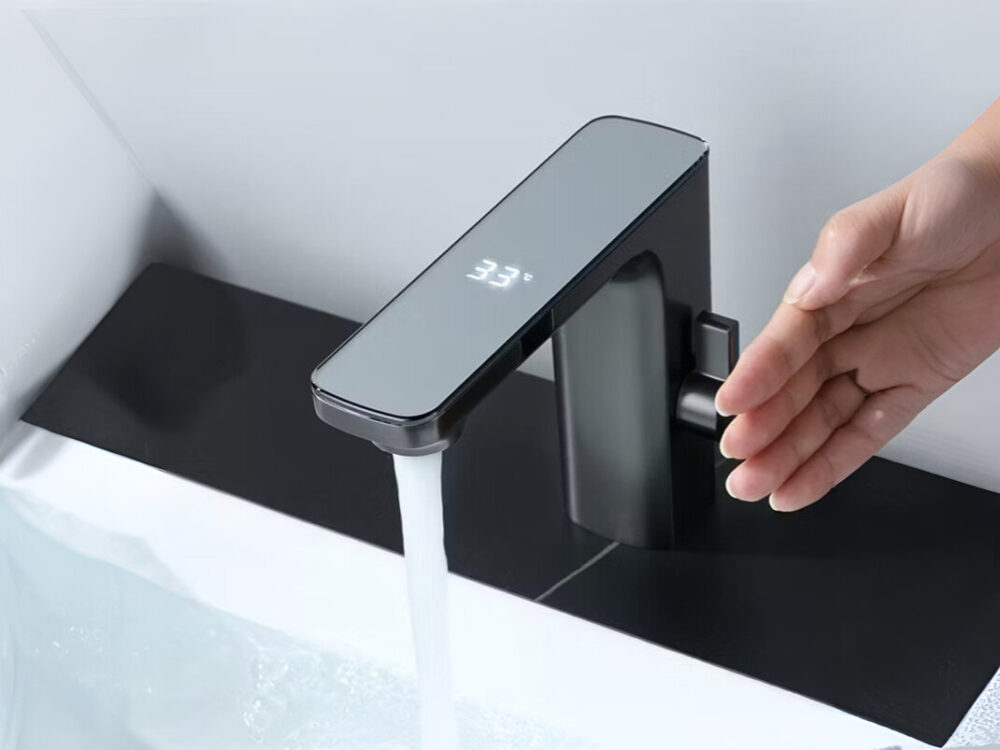
Water scarcity is a growing global concern, and eco-friendly smart water conservation systems are addressing this issue through efficient water management. These systems monitor water usage and provide real-time data on consumption, leaks, and potential water wastage.
Smart irrigation systems, for instance, use weather data and soil moisture sensors to optimize watering schedules, ensuring that plants receive adequate water without over-irrigating. Smart showerheads and faucets use sensors and AI algorithms to reduce water flow when not in use, promoting responsible water consumption.
Eco-Friendly Smart Transportation
The transportation sector is a significant contributor to greenhouse gas emissions. Eco-friendly smart transportation solutions aim to reduce this impact by promoting alternative and sustainable modes of travel.
Electric vehicles (EVs) are a prime example of eco-friendly smart transportation. These vehicles utilize electric motors powered by batteries, emitting zero tailpipe emissions. Smart charging stations for EVs allow for more efficient energy distribution and encourage the integration of renewable energy sources into the transportation infrastructure.
Smart Waste Management and Recycling
Smart waste management systems are using technology to optimize waste collection and recycling processes. Smart bins equipped with sensors can detect when they are full, optimizing collection routes and reducing unnecessary waste collection trips.
Additionally, AI-powered sorting machines are enhancing recycling efficiency by automatically sorting different types of materials. These smart solutions contribute to reducing landfill waste and promoting a circular economy, where materials are recycled and repurposed to reduce the need for virgin resources.
Smart Agriculture and Sustainable Farming
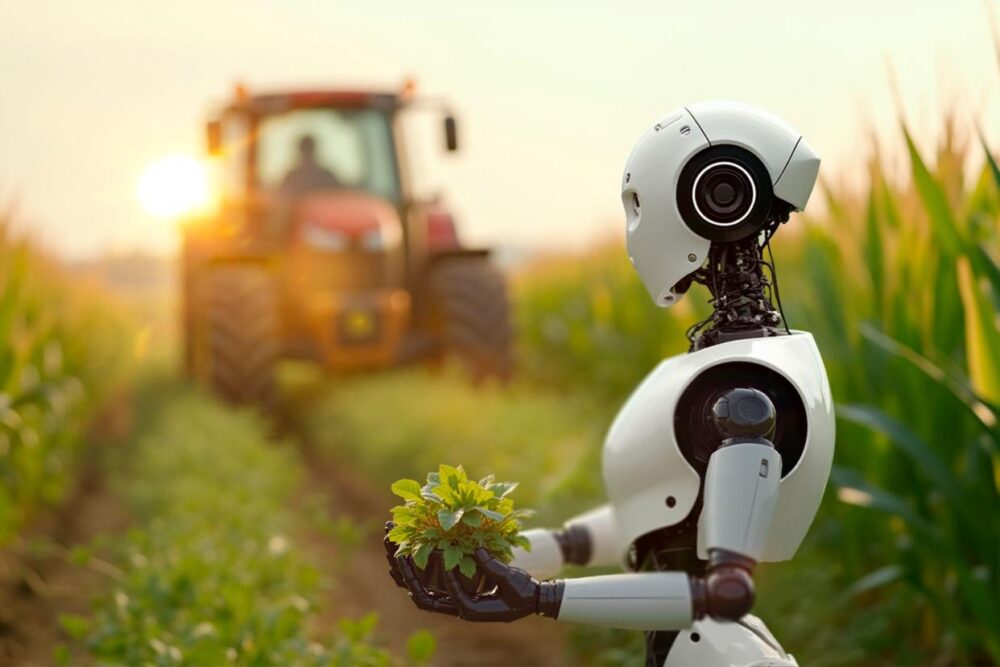
Agriculture is essential for sustenance, but it can also have a significant environmental impact. Smart agriculture and sustainable farming practices are utilizing technology to minimize resource consumption and increase efficiency.
IoT-enabled sensors monitor soil moisture, temperature, and nutrient levels, allowing farmers to apply precise amounts of water and fertilizer. Drones equipped with imaging technology can identify crop health issues, enabling targeted interventions and reducing the need for excessive pesticide use.
Conclusion
The integration of green tech with smart technology is ushering in a new era of eco-friendly smart products that promote sustainability and reduce environmental impact. From energy-efficient smart home appliances to solar-powered devices, these innovations demonstrate the potential of technology to create a more sustainable future.
Eco-friendly smart products not only benefit the environment but also contribute to cost savings for consumers and businesses. As technology continues to advance, these solutions will become even more accessible and integrated into our daily lives, leading us towards a greener, cleaner, and more sustainable world. Embracing and investing in eco-friendly smart products is not just a choice; it is a responsibility towards creating a brighter and more sustainable future for generations to come.




